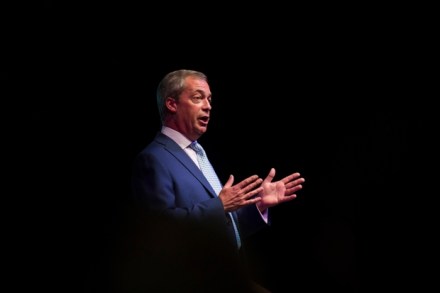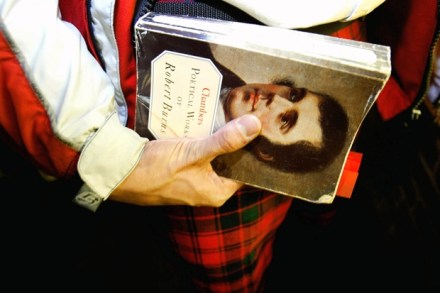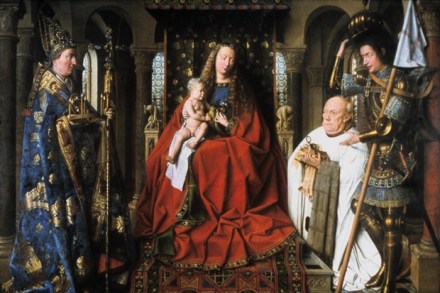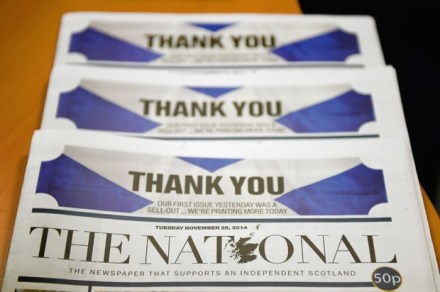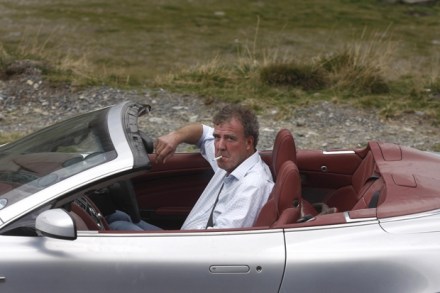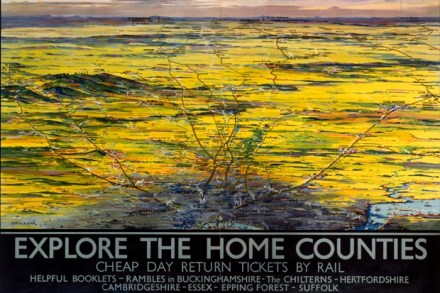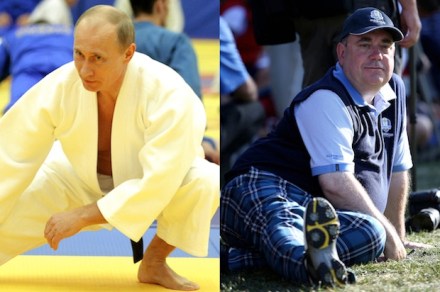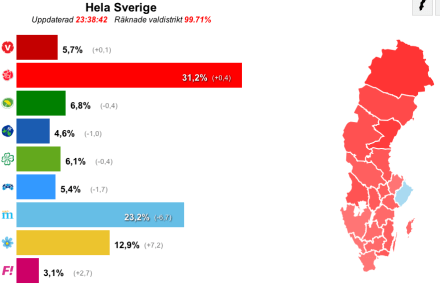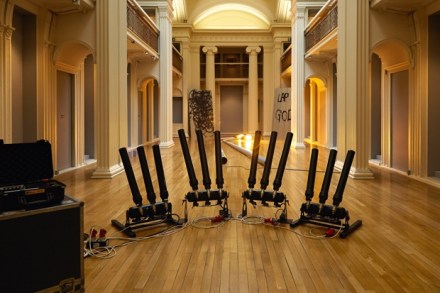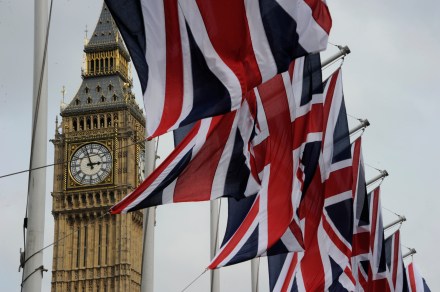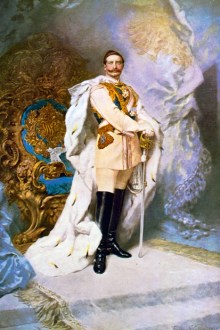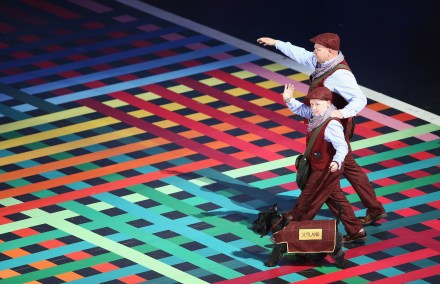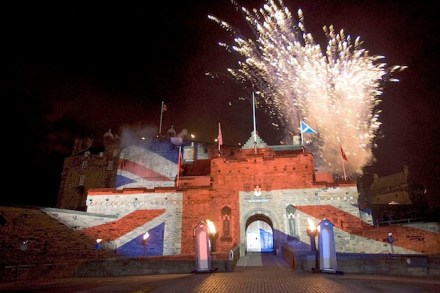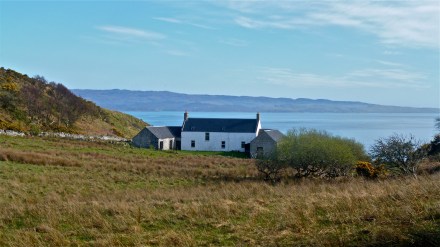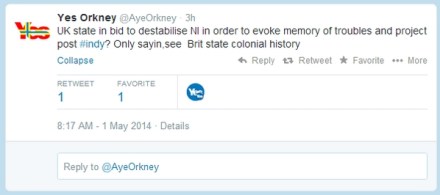It may actually be in Ukip’s interest to lose the EU referendum
Will the country be torn apart by the EU referendum? That’s the argument made by Chris Deerin on the capitalist running dog website CapX. Deerin, a Scottish Unionist, says it’s now Great Britain’s turn to go through the same painful and divisive process that Scotland endured last year. Personally I doubt that will happen, although it’s possible that a slender vote in favour of remaining in the EU may in the long term be divisive. The main problem with the analogy is that there is just no Ukip equivalent of the aggressive Scottish nationalists who shouted at Jim Murphy. There is a Kipper version of the Cybernats, but even online
